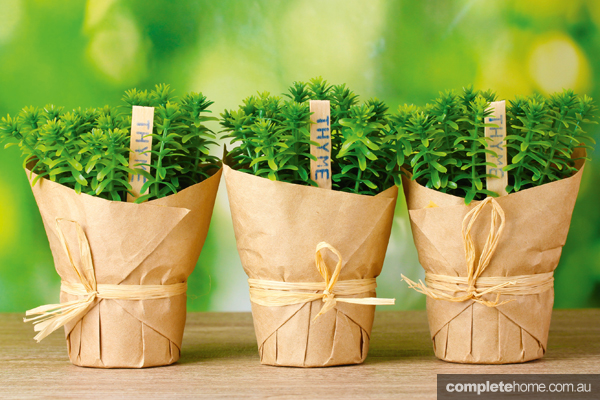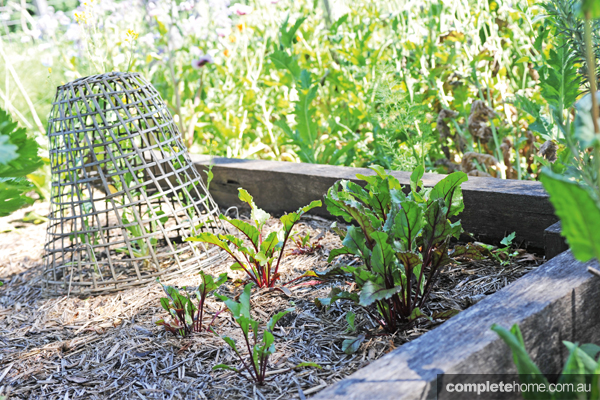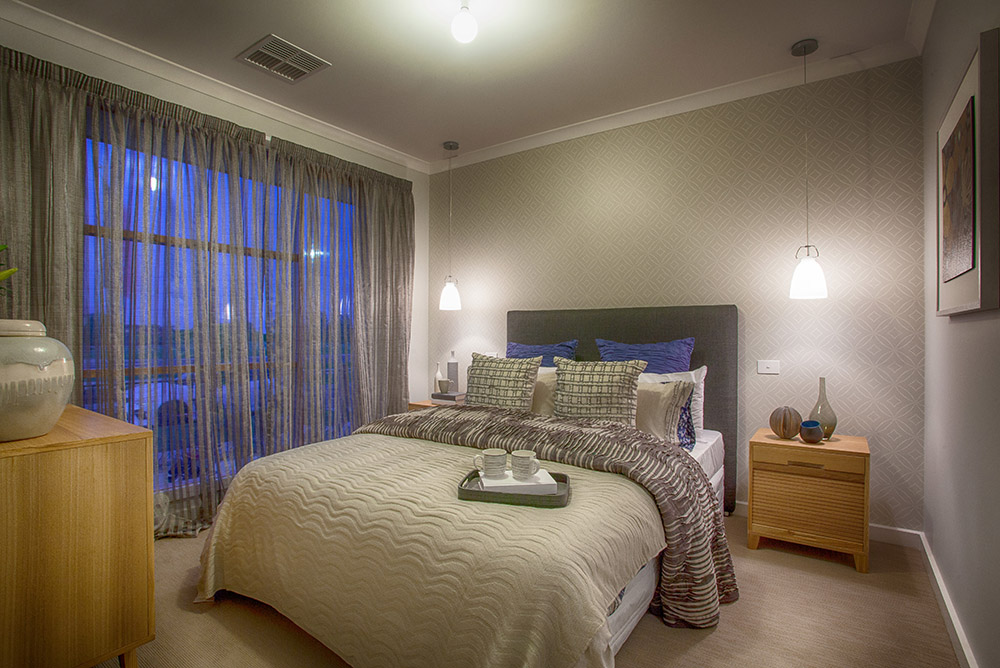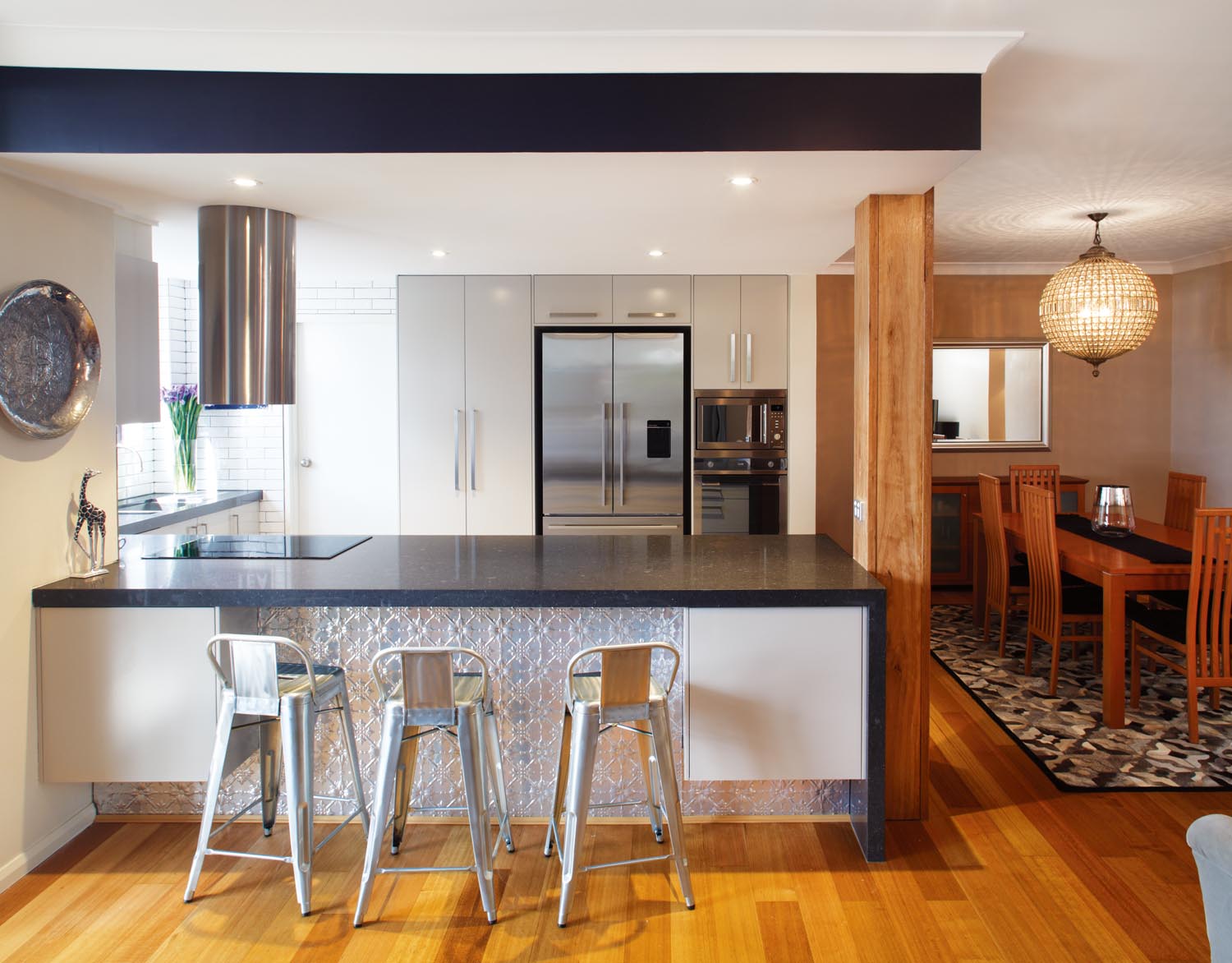Nothing beats the punch fresh coriander can add to a Thai delicacy or what a sprinkle of rosemary can do to a roast lamb. When it comes to cooking food to get the taste buds dancing, fresh herbs are the obvious place to start.
Here’s 5 simple steps to help you create an edible oasis.
- Depending on how much variety you like, where you decide to cultivate your herb garden will determine its growth potential. If you are housing your garden indoors then make sure it is positioned near the window to maximise its exposure to natural sunlight.
- Herbs won’t grow in wet soil. To avoid leaky pots (especially indoors) pour a layer of pea gravel at the bottom before you fill up your pots with a rich, fertile soil.
- To plant seeds, draw a shallow line in the soil, making sure they are appropriately spaced apart.
- Planting seedlings can be a bit more expensive than seeds, but the advantage is that you have an instant garden. Loosen the roots before planting them an appropriate distance apart.
- Water them! Always read the instructions. The key to healthy plants is to keep them hydrated.
Always make sure you use labels so you know exactly where and what you have planted. You wouldn’t want to garnish your strawberry soufflé with oregano instead of fresh mint!
Rosemary
Cultivation: Drought resilient, Rosemary prefers to grow in crumbly soil in sunny conditions.
Medicinal benefits: Rosemary is rich in B-complex, folic acid, iron and high levels of folates which is proven to prevent neural tube defects in newborn babies.
Culinary purposes: Popular in Mediterranean cooking, Rosemary teams well with lamb, eggplant, potato and zucchini.
Basil (Basil, Thai Basil and Sweet Basil)
Cultivation: Sensitive to the cold, Basil prefers to grow in hot and dry conditions.
Medicinal benefits: Basil is said to have good properties to fight against diabetes, allergies, impotence and infertility. Basil contains cinnamanic acid, which has been found to enhance circulation, steady blood sugar, and help facilitate breathing for those with respiratory issues.
Culinary purposes: Popular in Italian dishes, Basil is commonly used as the main ingredient in pesto (a herb and oil sauce). Thai Basil is also commonly used in Vietnamese cooking.
Oregano
Cultivation: Oregano enjoys full sun, flourishing in well-drained, sandy and dry soils.
Medicinal benefits: The herb is used to treat respiratory tract and gastrointestinal disorders, menstrual cramps and urinary tract disorders. The herb is also applied topically to help treat some skin conditions, such as acne and dandruff.
Culinary purposes: Unlike other herbs, Oregano can be more flavourful when dried than fresh. The herb is also widely used in Lebanese, Turkish, Greek, Italian and Latin American cuisines.
Coriander
Cultivation: Coriander or Cilantro, thrives in sunny conditions in well-drained, fertilised soils.
Medicinal benefits: Coriander is said to have anti-allergic properties, help with blood circulation, skin disorders, bone health plus much more.
Culinary purposes: One of the most versatile and widely used herbs, Coriander is considered both a spice (Coriander seeds) and a herb (leaves and stem). Coriander is used in Mexican through to South East Asian cuisines.
Thyme
Cultivation: Hardy and resilient, Thyme is known to grow itself which is why it loves dry soil and full sun.
Medicinal benefits: Thyme contains essential oils, which are beneficial to the treatment of bronchitis, whooping cough, and the swelling of the upper respiratory tract.
Culinary purposes: Thyme has a rich tangy flavour that develops with slow braising. It is often used in stews, soups, marinades and stuffings.
Mint
Cultivation: Mint grows best in a moderate-continental climate. It also requires constant hydration.
Medicinal benefits: Because Mint contains menthol, it is very good at calming the digestive system.
Culinary purposes: Used in teas, toothpastes and lollies, mint has a distinctly refreshing flavour. It can used as a dessert garnish, or mixed through a Greek yogurt sauce as an accompaniment to lamb.
For more information, visit the Hotondo Homes website.







